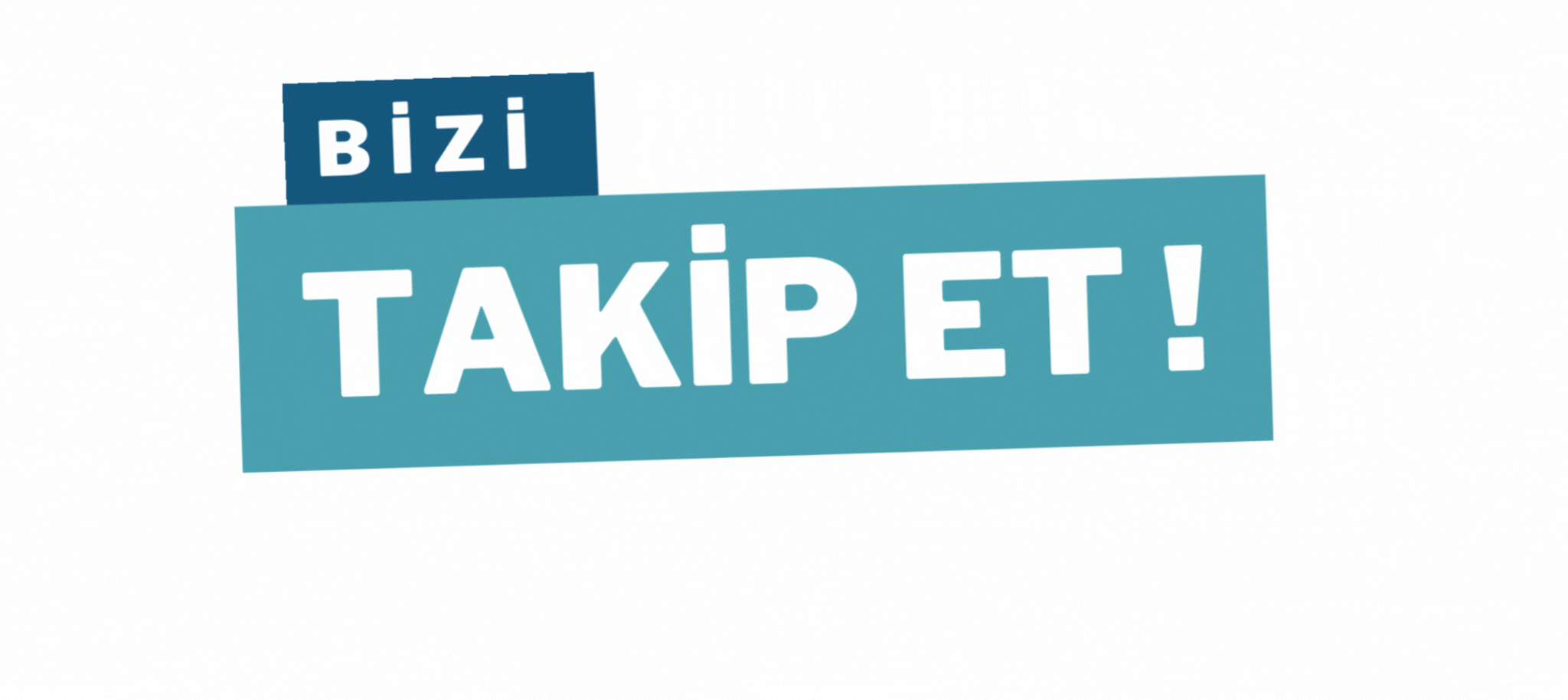Since its establishment, the European Union has been known for its elite-driven characteristic. Founding fathers established the Community as an attempt to prevent wars, developing economies, and strengthening interstate relations among European countries (Cini & Borragán, 2010). As the times have passed and institution has adapted to changes, reforms in the European Community institutions became mandatory. Being the institution that is closest to European citizens, the European Parliament is in a unique position in the European Community. As an organization that gives utmost importance to democracy, the European Community/Union did not have the option to ignore its citizens. Thus, improving the responsibilities and capabilities of the European Parliament has become inevitable. However, increasing the power and functions of the Parliament was not problem-free. Bureaucratic inefficiencies followed the increase in functions and powers of the Parliament. “Was sacrificing efficiency for democracy worth it?” is a question that needs to be examined in detail.
As mentioned before, one of the most prominent aspects of the integration process was that it was an elite-driven project. The Community was a place for bureaucrats, and they were responsible for developing policies that are affecting millions of European citizens. Their duties, responsibilities, and areas they work on have significantly increased over the years, and the bureaucratic system became too complex for ordinary people to understand (Cini & Borragán, 2010). Exclusion of citizens from this process in which decisions are taken affect their daily lives became a problem.
The most important institution in which a citizen has a say is the European Parliament. Nevertheless, as the European Union institutions are very complex and do not have a history of including citizens in decision makings, European citizens have little or no idea what their representative does in the Parliament, nor they have the capability to reject what is being done in the European Union. Moreover, this undemocratic practice leads people to not vote for the parliament elections. To address this democracy deficit, Lisbon Treaty focused on increasing the powers, functions, and abilities of the Parliament and brought it to an equal position with the Council in deciding what the Union does over forty new fields along with the ability to elect the head of the Commission, executive body of the Union.
These increases in the power of the Parliament have also brought its problems. Deciding in the Union is a very long and complicated process. Creating a draft, making amendments, preparing proposals, first and second readings are some of those lengthy and laborious processes of decision-making. Adding a very political institution like the Parliament to this process makes the decision-making even more complicated and longer. Negotiation between the parties, building alliances, convincing other parties, meeting in different parts of Europe, and negotiating with the Council adds up to the inefficiency of the process. Turning back to the question, “Was sacrificing efficiency for democracy worth it?” it can be said that the Union faces a dilemma. Allowing citizens to take part in the governance process makes creating policies that are beneficial for citizens harder but preserves its status as an institution that upholds democratic values. On the other hand, it also allows citizens to create their own proposals if they reach one million signatures or object to the policies through their representatives.
I believe that democratization is a step that the Union cannot overlook. If the Union pursues ever more integration, it needs to do it with the consent of the people; it governs even if it pays the price with the inefficiency. If the Union chooses to ignore the voices of almost half a billion people by preserving the governance only for the elites who are paid by European citizens, the European Union would not be safe from internal crises. While keeping the experts at the heart of the Union is a must, it also necessary to include the voices of the ordinary people in decision-making processes. The European Union is not known for its efficiency and fast decisions, so sacrificing some of it for hearing people out would not be a gross loss. On the contrary, it would benefit the Union as it opens the way for an ordinary citizen to be interested in the European Union politics making the Union a more accessible organization rather than a closed box which citizens do not know what they are paying taxes for.
In summary, the role of the European Parliament in the Union is a unique one as it allows ordinary citizens to take part in the governance of the Union. Increasing its powers, functions, and authorities with the Lisbon Treaty has come with some advantages and disadvantages. While giving ordinary people more say in the governance, drawing their interests, and making them learn about what they are paying for, it also resulted in a decrease in efficiency and effectiveness as it complicated the decision-making process. Despite the disadvantages, the democratization of the European Union is a crucial step in the Union’s history. Governing almost half a billion people without hearing their opinions is a direct invitation to disasters and crises. By giving the Parliament more power, the European Union sacrifices some efficiency to achieve stability in the future.
References
- Cini, M., & Borragán, N. P. (2010). European Union Politics. Oxford, United Kingdom: Oxford University Press.





